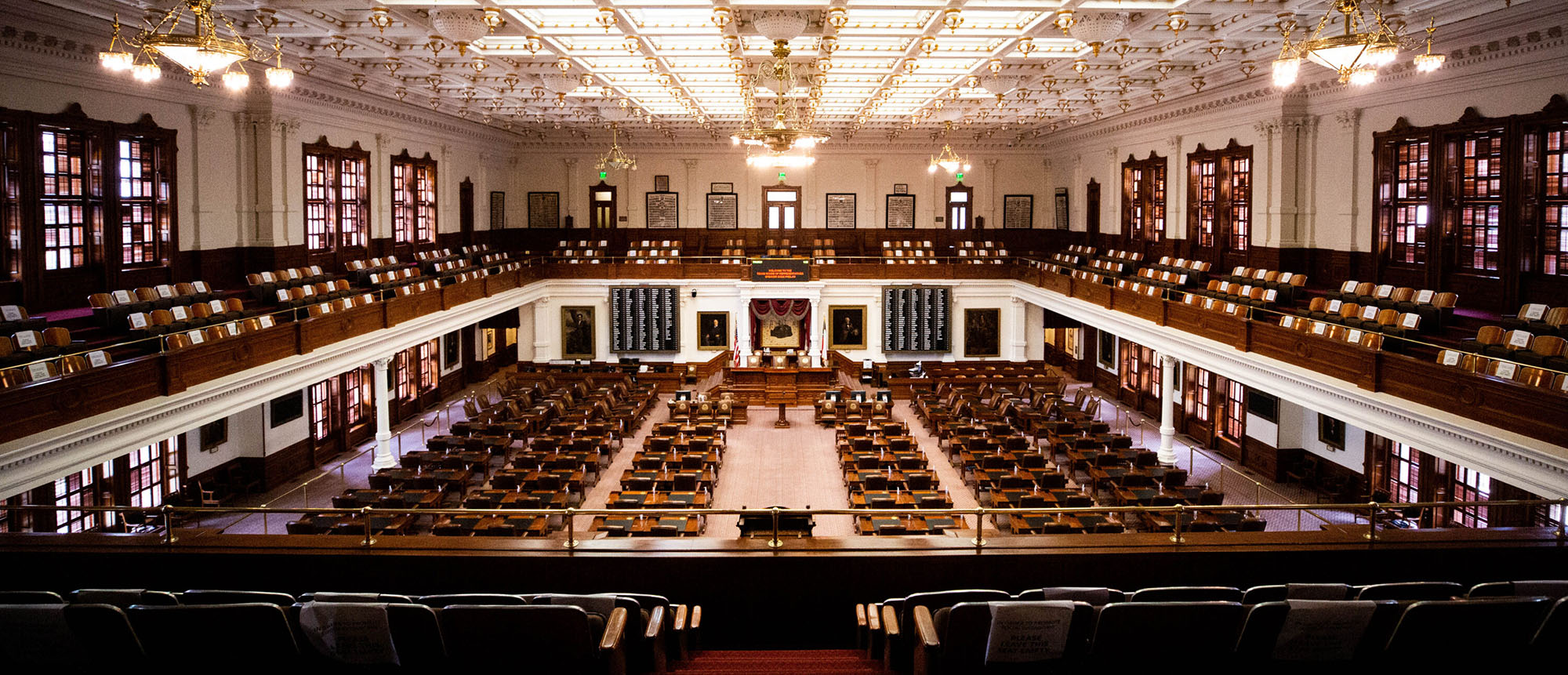
Diversity, equity and inclusivity. These are part of the foundations for any college institution, promoting equality among students and faculty alike. There are offices for this on nearly every campus in the U.S. that work to create diverse populations within their schools and offer up resources to marginalized groups in order to make college more accessible and equal.
What are the offices of DEI?
The offices of DEI are the main facilitators in this process of equality, acting as a place of help for anyone who may need it and working to make sure that any campus events and organizations are equal and inclusive, creating a safe community for everyone.
The DEI offices offer programs to help students get connected, as well as to provide assistance in their studies when needed. The DEI offices also work to make sure that processes such as getting hired on campus won’t be hurt or helped based on a student’s back- ground, to ensure that the environments are equitable and students are equally supported and valued.
What is Senate Bill 17?
Senate Bill 17, also known as the anti-DEI Bill, seeks to close down DEI offices, (including offices such as LGBTQ+ or cultural centers). The bill also bans any mandatory training that might occur in the workplace that deals with any topics on the basis of race, sex, color or ethnicity. In a statement made by Texas Sen. Brandon Creighton (R-Conroe), it was clarified that the bill would not impact private universities, nor student-led organizations.
This bill was introduced and passed by the Texas House in an 82-61 vote, with certain amendments to the word usage in the bill. Once the amendments were passed, SB 17 was sent to Gov. Greg Abbott to be signed.
And what was one of the amendments passed? Initially, SB 17 proposed the employees of the DEI office would be transferred to a job with similar pay. However, this was changed to only enforce a letter of recommendation for those employees.
The main arguments for this bill came from the idea that these offices are prioritizing diversity over achievement and merit, and in doing so, are creating a sense of forced diversity. And in this effort to create diversity, it has been also argued that these offices begin to exclude anyone who doesn’t meet the requirements for being diverse enough.
This however isn’t the case, and while a student’s demographics may be considered when making decisions, it doesn’t influence the final choice.
For example, when a school may be considering whether to accept or reject students based on their academic achievement, it may be prudent to take into account that students with less resources may have had fewer opportunities to succeed in their studies due to their circumstances, whereas a student with more would have excelled, having all the tools that they needed to succeed. This is where the DEI offices would consider a student’s background, in an effort to make the opportunity at hand equally accessible to everyone involved. Ultimately, the decision is still based on the achievements of the individuals, and diversity was considered during the process.
A common misconception about the DEI offices is that they are exclusive to certain demographics when in reality, DEI offices aim to create an inclusive and diverse space for everyone. While they are open to all, some students may naturally use these resources less due to a lesser need. Students with greater needs naturally become the primary users of the offices, but it still doesn’t exclude others who just may not need these resources as much.
What are the consequences of not following Senate Bill 17?
Universities and colleges are preparing for SB 17, effective Jan. 1. Some, like San Jacinto College in Houston, are exploring alternative office options under the new law, while others are closing such offices for good.
The consequences for non-compliance with SB 17 remain vague, with potentially severe penalties. First-time offenders could face employee suspension for an academic year, escalating to employee termination for subsequent violations, and once an offense occurs, the employee’s name goes on a coordinating board list, barring any college institutions from hiring them.
Institutions that are found to be in violation could receive fines up to the lesser of 1 million dollars, potentially diverting essential funds from struggling programs and risking program failures upon minor offenses.
What is a better solution to Senate Bill 17?
Alternatives to SB 17 include a variety of regulations that could be set in place, rather than completely disband the offices of DEI. If the main arguments are that decisions are being made based on a person’s race, sex, color or ethnicity, then the politicians could instead come up with checks and audits that ensure that no decision is unfairly considering a person’s demographic in any way that is exclusive or partial to one party over another.
So why ruin a good thing? The DEI offices strive to create an environment in which every opportunity and resource is equal, and everyone can feel included. The offices help to maintain the healthy environments on campus that can make everyone feel supported, and equally successful.
The main arguments that are made against the idea of the DEI offices are based on misconceptions or misunderstandings of the DEI office processes and decisions, and so the bill should not be seeking to close down that which is helping so many people. Instead, it may be better to think of regulations and rules that could be used as a check on the offices to ensure that all decisions are fair and not just based on a person’s demographic.
Ultimately, SB 17 is just attacking a system that is meant to allow students of all backgrounds to succeed, and by doing so, it’s moving Texas backward on the path of progress.
-Editorial by Editor-in-Chief, Aislyn Smith








